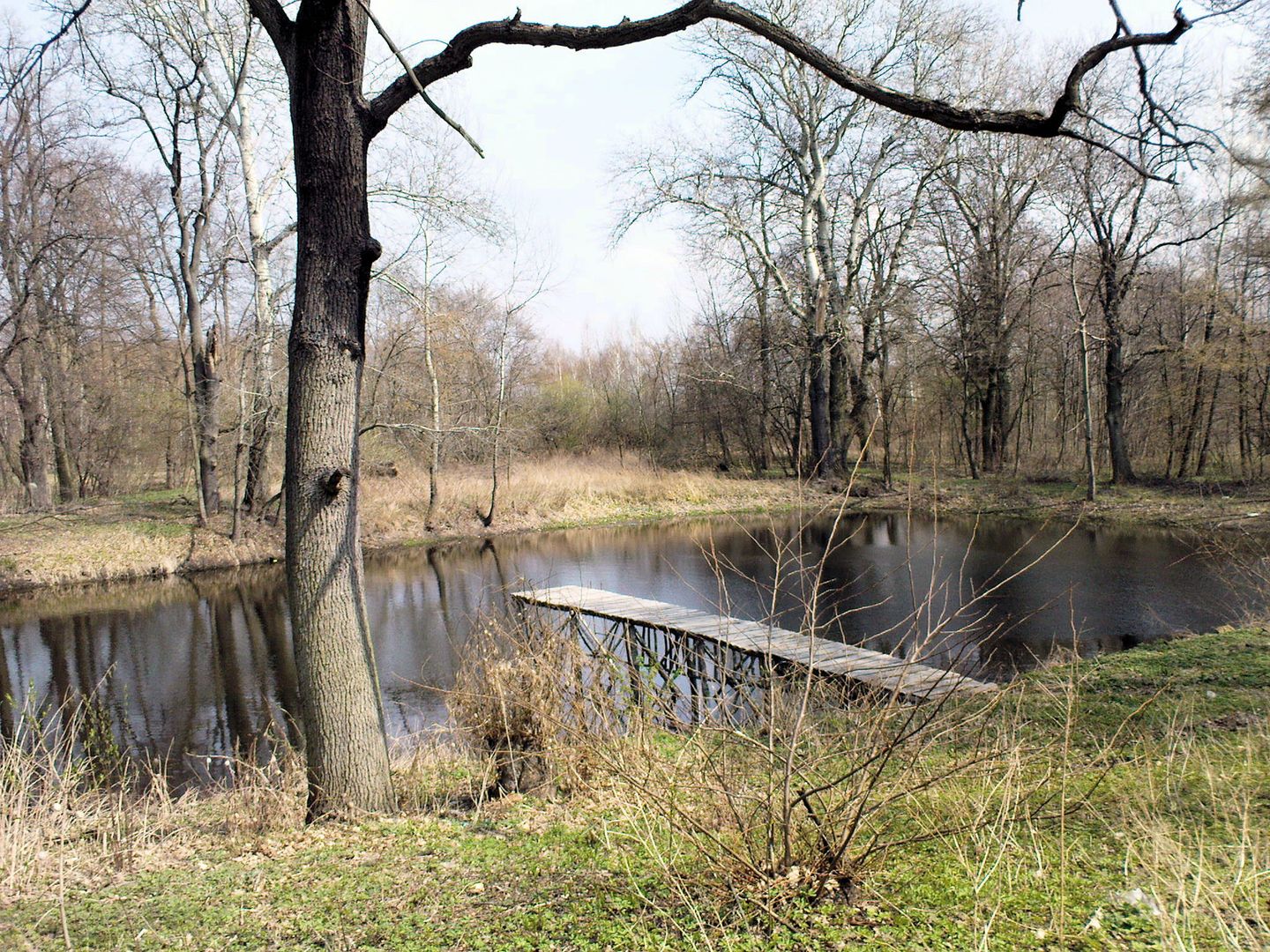Piastów
6.26

Overview
Piastów is a village located in the Masovian Voivodeship, in the commune of Jedlińsk, known for its rich historical and cultural heritage. The earliest mentions of the locality date back to the 14th century, when it was owned by Pakosław of Piastów. Over the centuries, the village changed hands multiple times, with its owners including both nobles and clergy, such as Kajetan Ignacy Sołtyk, the Bishop of Kraków, in the 18th century. In later years, Piastów was acquired by Wincenty Grobicki, who introduced innovations in agriculture by establishing an experimental station and plant cultivation. His son, Aleksy Grobicki, was a distinguished physician and social activist who ran a model farm, which is still admired today. His achievements in grain cultivation, including the development of a variety of sown rye, are highly regarded within the local community. After Aleksy's death, the estate passed to his nephew, Jan Leon Makulec, who engaged in economic and social activities. However, his life was brutally cut short during World War II. After being arrested by the Gestapo, Makulec died in the Auschwitz camp. After the war, the estate was nationalized, ending the centuries-long history of the Grobicki and Makulec families in Piastów. Piastów is also known for its manor complex from the 18th and 19th centuries, which is listed in the register of historical monuments. Although it underwent extensive reconstruction in the 20th century, it remains an important architectural feature of the region. Today, the village is home to a sports airport operated by the Aeroclub and a shooting range, and its residents belong to the Parish of St. Bartholomew in Wsola. An interesting fact is that the family tomb in Wsola holds important figures associated with the history of Piastów, including Jan Leon Makulec and his family, as well as a plaque commemorating his brother-in-law, Eugeniusz Hanna, a victim of the Katyn massacre.
Location
2026 Wizytor | All Rights Reserved